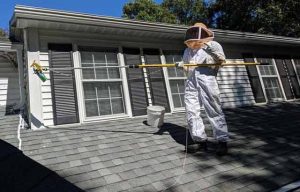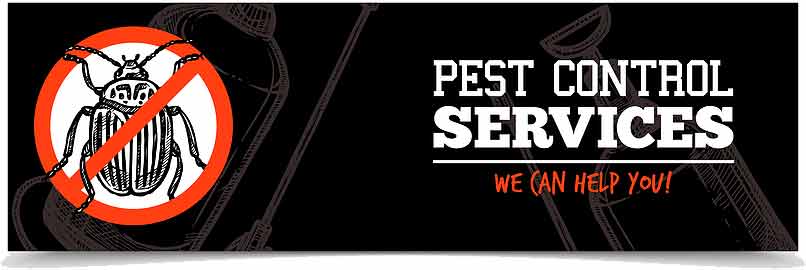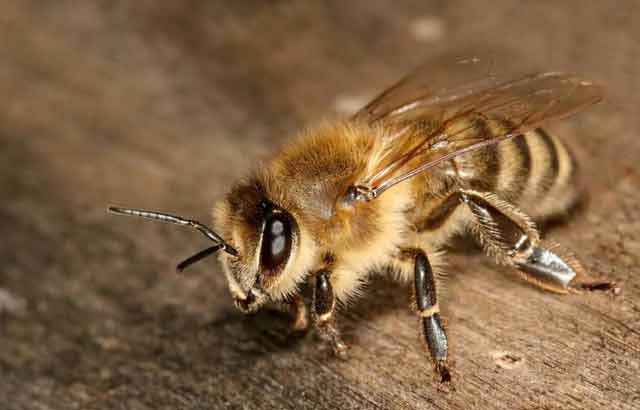A honey bee (also spelled honeybee) is a eusocial flying insect within the genus Apis of the bee clade, all native to Afro-Eurasia. After bees spread naturally throughout Africa and Eurasia, humans became responsible for the current cosmopolitan distribution of honey bees, introducing multiple subspecies into South America (early 16th century), North America (early 17th century), and Australia (early 19th century).
Honey bees are known for their construction of perennial colonial nests from wax, the large size of their colonies, and surplus production and storage of honey, distinguishing their hives as a prized foraging target of many animals, including honey badgers, bears and human hunter-gatherers. Only eight surviving species of honey bee are recognized, with a total of 43 subspecies, though historically 7 to 11 species are recognized. Honey bees represent only a small fraction of the roughly 20,000 known species of bees.

The Bug Guyz are a honey bee friendly pest control company
The best known honey bee is the western honey bee, (Apis mellifera), which was domesticated for honey production and crop pollination. The only other domesticated bee is the eastern honey bee (Apis cerana), which occurs in South, Southeast, and East Asia. Only members of the genus Apis are true honey bees, but some other types of bees produce and store honey, and have been kept by humans for that purpose, including the stingless bees belonging to the genus Melipona and the Indian stingless or dammar bee Tetragonula iridipennis. Modern humans also use beeswax in making candles, soap, lip balms and various cosmetics, as a lubricant and in mould-making using the lost wax process.
Have you heard the buzz around town?
Honeybees are important pollinators, particularly for agricultural crops, that our wildlife habitat management crews grow to support Pennsylvania’s wild birds and mammals. Without honeybees, the cost of produce would increase dramatically because without them, we would have to find more costly ways to pollinate our crops. Although we do have other pollinators, they can’t compare to the efficiency of bees due to their large swarms, pollen hoarding behavior, among other things.
Bee a friend to bees and plant native plants such as goldenrod, cardinal flower, and common milkweed. You can find more on landscaping for pollinators here: https://bit.ly/3sdu2D6

The Bug Guyz are a honey bee friendly pest control company and do all we can to protect these beneficial insects. Thank you to our friends in Dallas at Shady Nook Bee Farms for continuing to help protect these furry friends, Karl Besancon Bill Roush. Karl and William have both received certifications from the American Institute of Baking as well as a certificate from Purdue University in integrated pest management. This is the highest standard for servicing food-manufacturing facilities. Contact us for more information.


